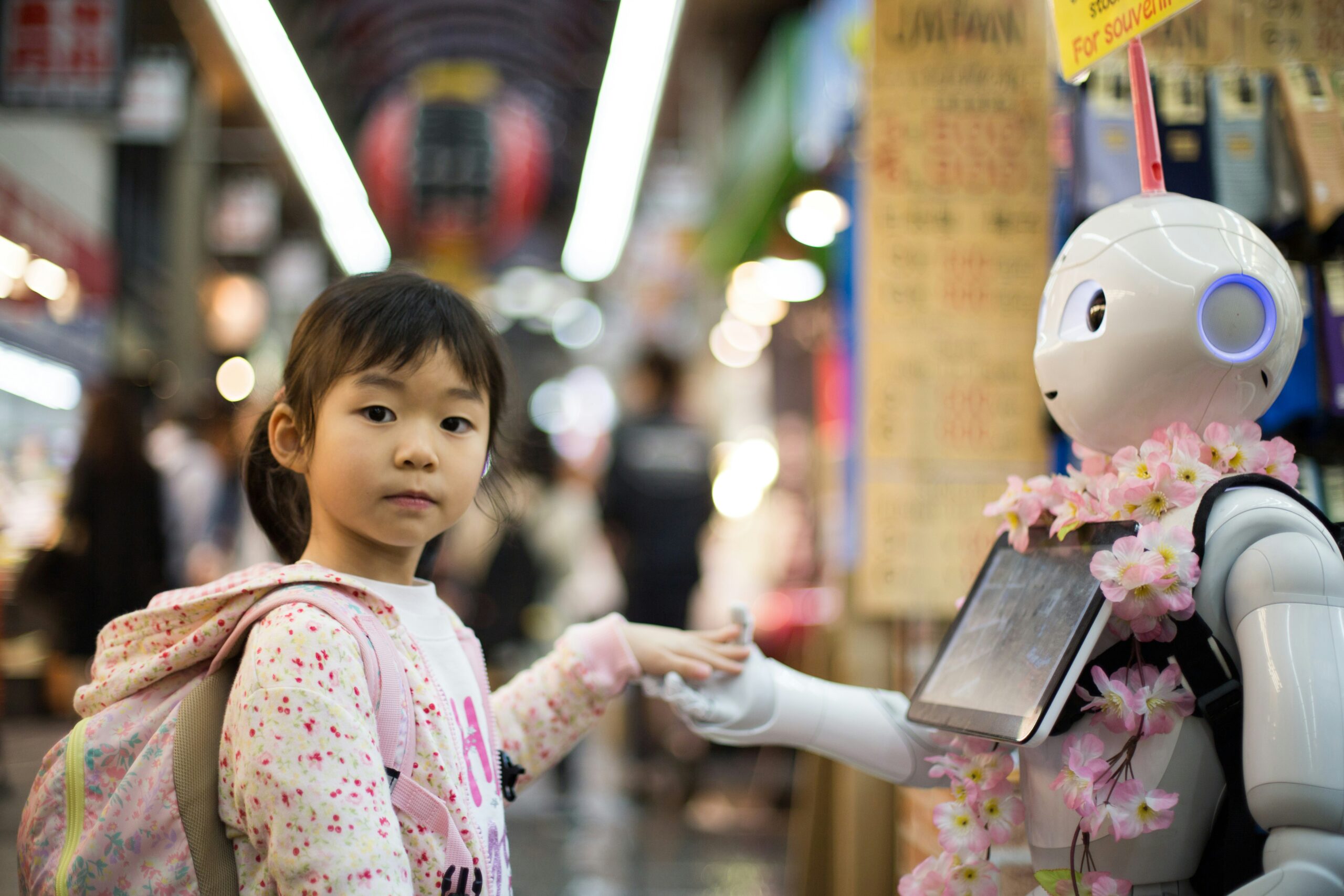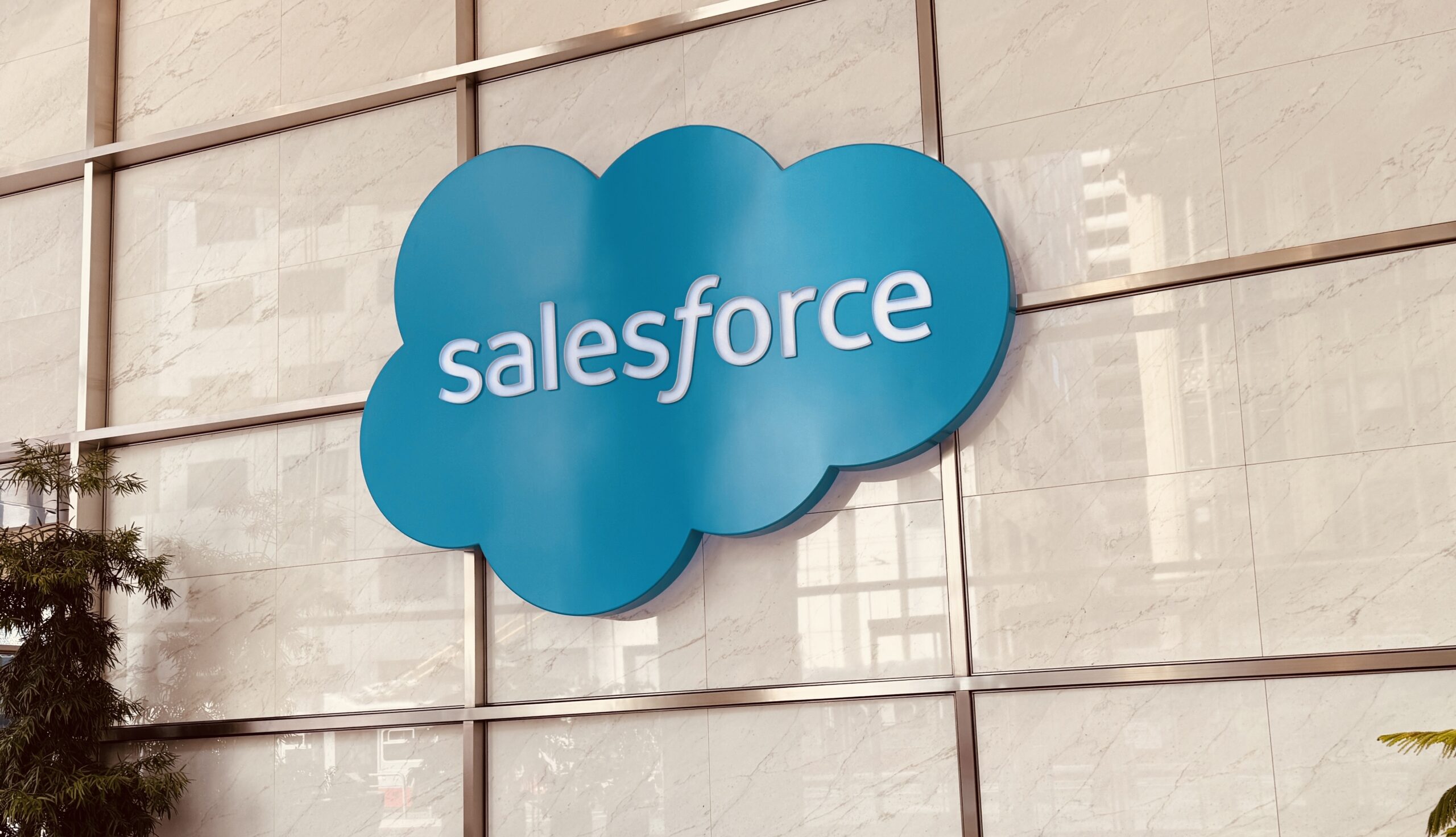Let’s stop personifying AI agents

Let’s start this week’s commentary with a story 📖: Back in the 1990s when I was a technical writer writing documentation, online help and training materials, there was a lot of repetitive content. To get around this, I would create macros by recording a series of tasks and the software – a word I use deliberately as you shall see – completed the tasks for me with the press of a key command. It was pretty brittle, but it worked.
Shifting to present day, we have AI agents, which give you the ability to define a series of tasks, much more smoothly than its 1990s predecessor, or even the more recent robotic process automation (RPA). In an ideal world, if an agent gets stuck, it can try different approaches until it learns the correct way to complete one or more tasks. My 1990s macro certainly couldn’t do that.
It’s a pretty cool idea, but let’s be clear, it’s still software. I say this because earlier this year, Nvidia CEO Jensen Huang was delivering the keynote at the Consumer Electronics Show in Las Vegas, and had this to say about the agentic AI workplace of the future: “In a lot of ways, the IT department of every company is going to be the HR department of AI agents in the future.”
People latched onto that HR idea because the metaphor is kind of tidy. Human workers are hired to take care of a set of tasks and AI agents perform a set of tasks, so they must be akin to each other, right?
As I wrote in my 12/20/2024 ForwardThinking commentary looking at some of the questions around agentic AI, Salesforce certainly thinks so. “At Salesforce’s earnings call [in December], CEO Marc Benioff was trumpeting his company’s position in the coming agentic world. “Salesforce has become, right out of the gate here, the largest supplier of digital labor, and this is just the beginning.”
While it’s useful for marketers like Benioff to frame agentic AI in a personified package for the typical enterprise buyer, I think it’s a mistake to refer to these tools in this way. Returning to Huang’s metaphor, if you think about agents as software as I do, then that’s something IT has always managed, so nothing really changes. It’s no more related to HR managing human workers than when IT managed your Box or Workday licenses.
People latched onto that HR idea because the metaphor is kind of tidy. Human workers are hired to take care of a set of tasks and AI agents perform a set of tasks, so they must be akin to each other, right?
The nature of the software may change, but IT continues to do its job, managing the software, making sure it works, that it’s secure and complies with the rules of the organization and whatever regulatory requirements the company has. IT will continue to do this with agents.
While agents should help humans do their jobs, much more effectively than my 1990s macro recorders, in the end they are still software. We certainly shouldn't be attempting to personify them or make them anything more than that, an approach that could ultimately backfire by creating unreasonable expectations about their capabilities for the companies using them.
Photo by Andy Kelly on Unsplash





